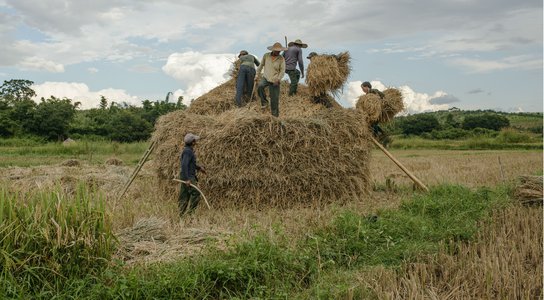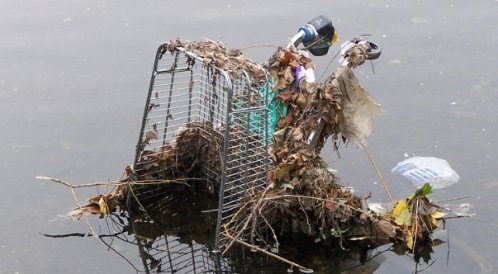Our recent Guns, Cronies and Crops exposé revealed the human toll of the rubber industry in Myanmar, where companies colluded with the former military junta to seize vast tracts of land from farming communities. Two years previously we showed how citizens in Cambodia and Laos had also lost land to the rubber plantations, with devastating impacts on lives and livelihoods. Stories like these abound across the Mekong region, where large-scale rubber plantations are now one of the main drivers of land grabs and deforestation.
The launch of the Sustainable Natural Rubber Initiative this spring offered hope that the industry was beginning to respond. A multi-stakeholder initiative, it is aimed at promoting the development of best sustainability practices in the rubber sector globally, including by conserving protected forest areas, and respecting human and labour rights. The standards set out in the Initiative’s recently published draft policy, however, contain worrying holes and anomalies.
Critically, the Initiative’s stated principles fall significantly short of industry-led standards for comparable commodities like timber and palm oil. The Roundtable on Sustainable Palm Oil, for example, requires that members obtain the consent of local communities for any operations which could negatively affect them, in an effort to respect and protect local land rights. Agribusiness giant Olam has incorporated this provision in its own policy for sustainable rubber, proving it can be done - yet the Sustainable Rubber Initiative ignores the issue altogether. Also, the Initiatives’ recognition of human rights is currently limited to labour rights, ignoring critical human rights considerations such as the right to food and housing.
We also have concerns about how the Initiative will be implemented. It’s currently designed to work under what’s known in the business as the “credit” or “mass-balance system”, where certified rubber is mixed with non-certified rubber during production, of tyres, for example. This is a cheap and easy way of promoting sustainability, but because high-street consumers have no way of knowing which products contain certified rubber, these systems have little positive impact on the ground. This must be replaced by a fully transparent supply chain, where it is easy to trace rubber back to its source.
The Initiative’s success also depends on the companies that sign up sharing information internally and with the public about how they are meeting commitments - another piece missing in the current policy. Without this information, families who have lost their land to rubber companies won’t be able to use its principles to protect their rights. The Initiative also lacks measures for when things go wrong – for example, what should happen to member companies when they fail to meet its standards, or how communities can submit complaints.
Recent research by the University of East Anglia showed how projected rubber expansion is a threat not only to populations but to our environment, pointing to catastrophic impacts on biodiversity across Southeast Asia and a substantial worsening of the extinction crisis.
The Sustainable Natural Rubber Initiative needs to do far more to pre-empt and reduce its impact. Fortunately, the Initiative is still in draft form, and its members have promised to revise it in early 2016. Global Witness has been working hard with rubber companies and the industry bodies behind the initiative and we think it is an important step to getting the sector on the right path. But for communities whose land has been stolen and livelihoods destroyed to make way for rubber plantations, further delays in accessing justice are a wait too long. The industry’s response must be strengthened if its goals to better protect peoples’ rights and the environment are to be taken seriously.
Global Witness’ most recent submission to the initiative is available here.


